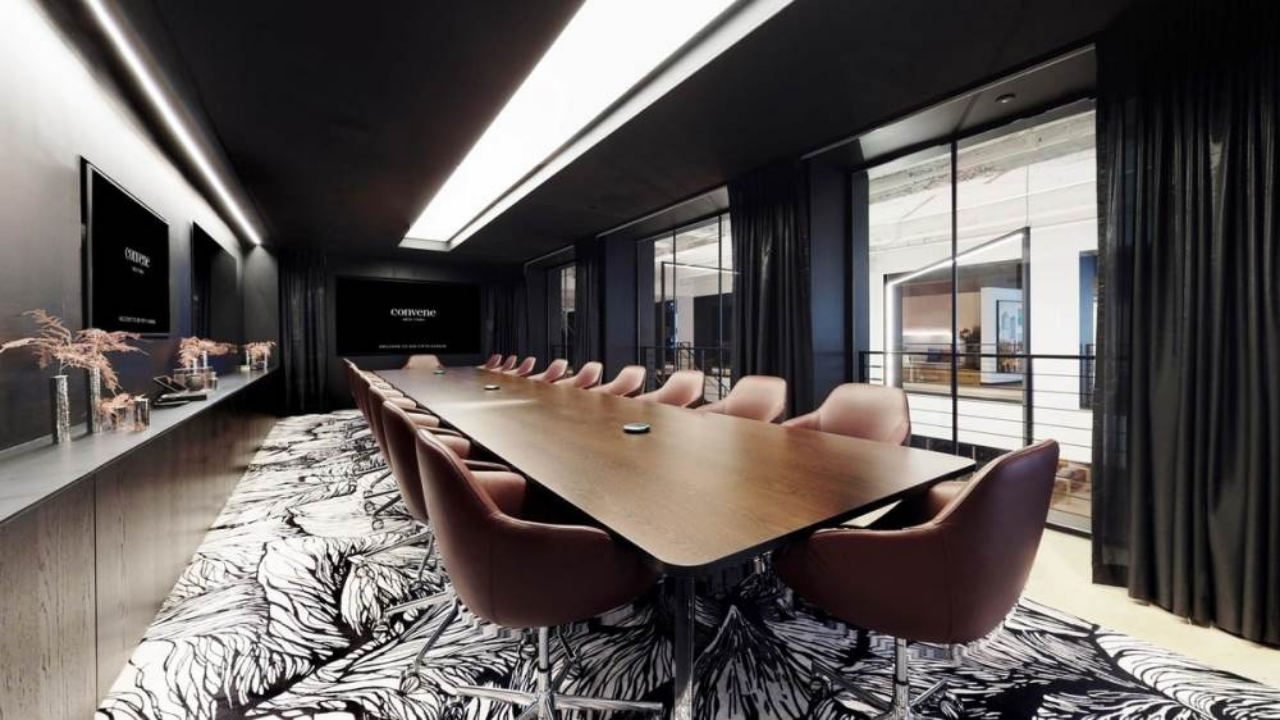Flexible working has become more of a staple across various workplaces in recent years, but it is still on its way to becoming the norm. But as the world continues to experience societal, demographic, and technological changes, this change might not be so far in the future.
For example, MP Helen Whately recently introduced the Flexible Working Bill to Parliament that would require employers to offer flexible working for all job roles unless the work could not be carried out in a flexible way.
“At the moment, too many women are reluctantly dropping out of work or going part-time after having children because their employers won’t allow them flexibility,” said Whately. “It entrenches the assumption that men are the breadwinners and women are the homemakers.”
This bill coincides a report from PwC that suggests a more diverse workforce would transform the UK economy. The report revealed that if the UK could match Sweden for the employment of women, the country would experience a 12% boost in GDP.
Additionally, flexible working goes beyond having flexible work hours — it also refers to the space in which people are working out of. This means that workers get the option of working from home or in the office, but research has proven that people wish to be around their colleagues. That is why agile work designs that include private spaces, collaborative areas, and places to unwind are ideal for the upcoming workforce.















